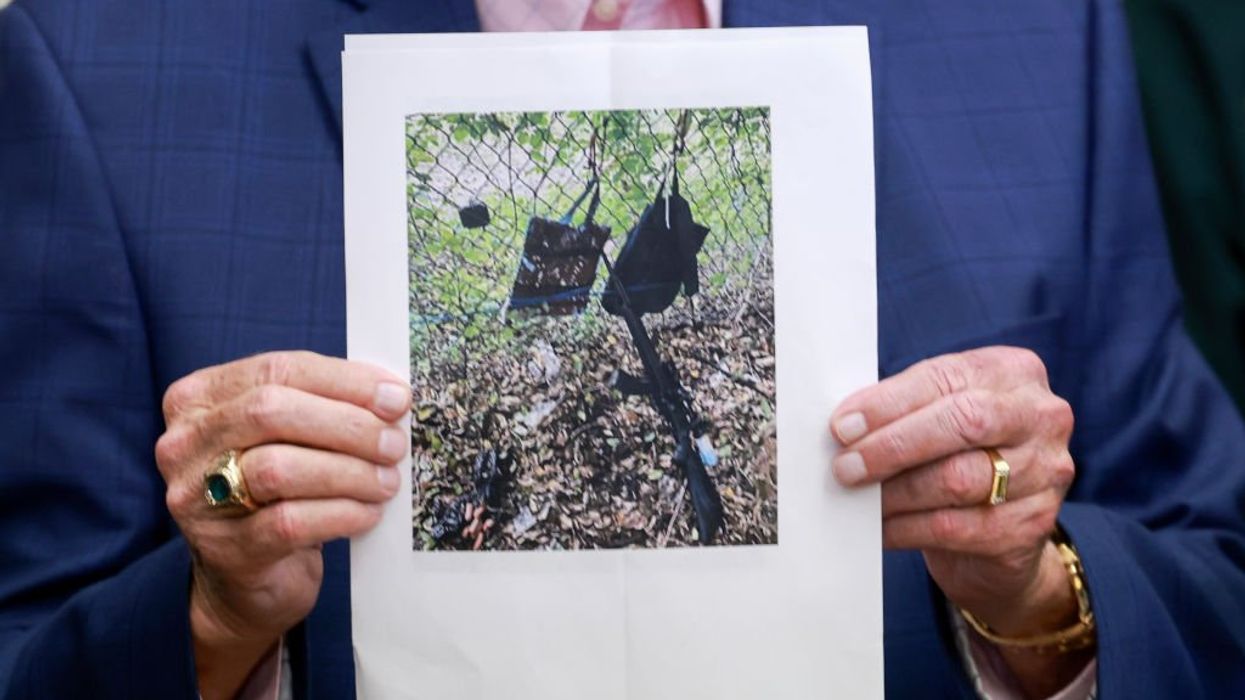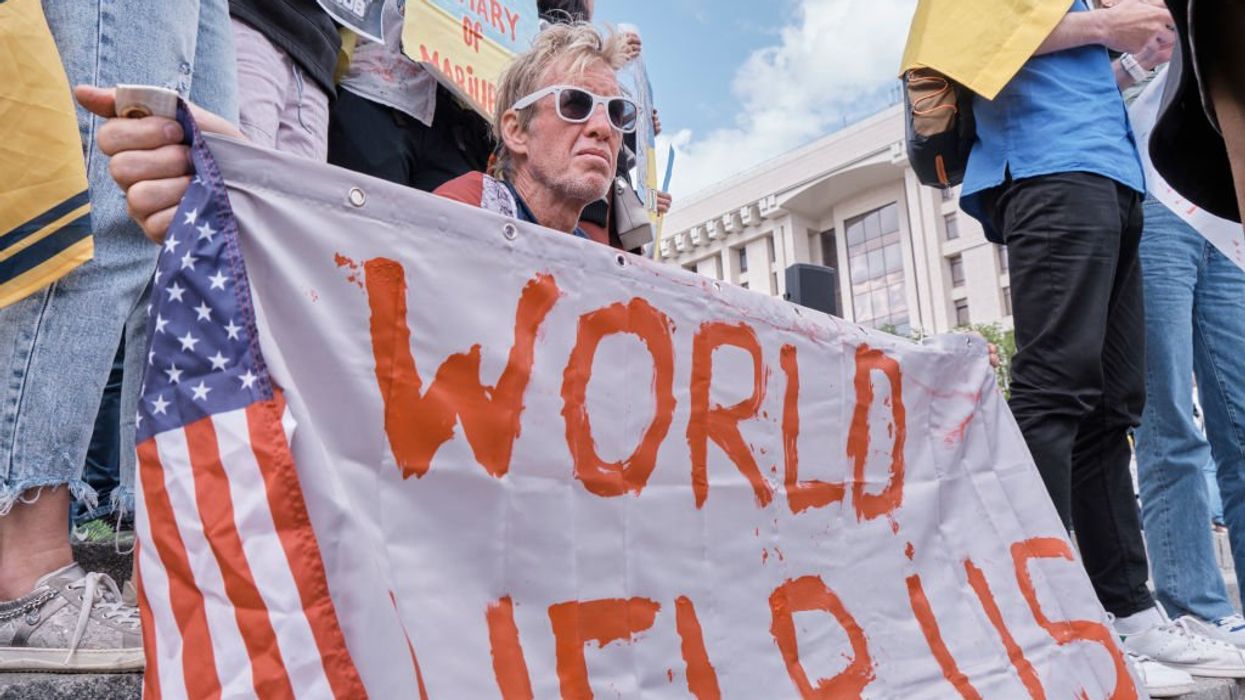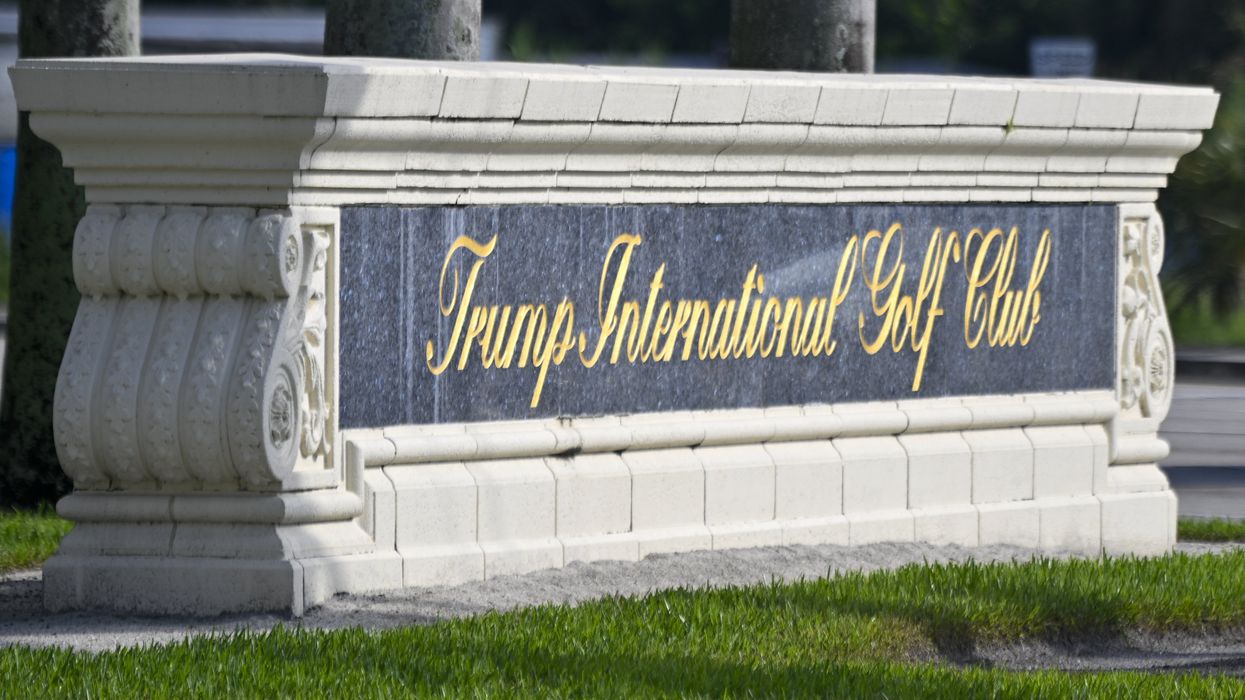For the second time in two months, Donald Trump survived an assassination attempt.
Fortunately, this time the former president walked away from the incident unharmed, as did everyone else involved. Is anyone surprised that as the election cycle heats up and Democrats and the mainstream media have increased their false and hateful rhetoric against Trump, another assassination attempt should be made against him?
The second would-be assassin, Ryan Wesley Routh, was allegedly deeply affected by the rhetoric and propaganda regurgitated by the media and evidently decided to take matters into his own hands. Delving into the turbulent past of Ryan Routh reveals a violent and unstable man with many radical beliefs and an impressionable mind. How Routh apparently managed to avoid any FBI/terrorist watchlists is just one of the mysteries surrounding the second attempted assassination of President Trump.
Here's what we know about Ryan Wesley Routh so far:
The assassination attempt

Photo of Routh's Sniper Nest
Joe Raedle / Staff | Getty Images
At approximately 1:30 p.m. on Sunday, September, 15th, the Secret Service opened fire on a concealed gunman who was hidden in some bushes along the perimeter of Trump’s golf club in West Palm Beach, Florida. The gunman was in a makeshift sniper's nest on the outside of the perimeter chain-link fence only a couple hundred yards from where Trump was golfing. He had been camping there for over 12 hours. After being fired on, the gunman ran back to his car and was quickly apprehended by the police, where he was identified as Ryan Wesley Routh.
After Routh's arrest, investigators discovered the sniper's nest built within the perimeter fence. Routh had hung two backpacks with bullet-proof ceramic plates inside on the fence with a narrow gap between them for his rifle to poke through. It is clear that Routh had come prepared for a shoot-out and had possibly taken notes from the last would-be Trump assassin, who was taken out by counter-snipers before he could finish his task.
His background

Routh at a pro-Ukraine rally Kyiv, Ukraine
Global Images Ukraine / Contributor | Getty Images
Routh is a long-time supporter of the Democrat party and a vehement Trump hater. He has written a multitude of deranged social media posts that express his loathing of the Republican nominee and parrot the rhetoric spewed by the mainstream media. Last year, Routh wrote a book urging Iran to assassinate President Trump for the "tremendous blunder” of leaving the Iran nuclear deal.
Routh is an outspoken advocate for the Ukrainian cause, and many of his social media posts are centered around this interest. He even made a trip to Ukraine with the bizarre mission of recruiting former Afghanistan troopers to fight for the Ukrainian cause. He returned home after six months without accomplishing his goal.
Shortly after the shoot-out, Ryan Routh's son, Oran Routh,, gave some personal information about his father. He claimed that he had no prior knowledge of the planned assassination attempt, and in fact, he had grown distant from his father after a falling-out. Oran did admit to sharing his father's "reasonable" hatred of Trump and claimed that his father was a peaceful, hard-working man. He also claimed that, as far as he knew, his father had only a few speeding tickets on his criminal record and had never even owned a firearm. This claim was quite contrary to reality.
Ryan Wesley Routh has quite the criminal record, which culminated in an arrest in 2002 when he fled the police during a traffic stop and barricaded himself in his roofing business with a machine gun. Routh was later convicted of possessing a weapon of mass destruction, but managed to dodge the 20-plus years in prison typically associated with charges of that nature.
His goals

Anadolu / Contributor | Getty Images
While Routh's exact motives are still unknown, we can infer some things from his background.
It is clear that Routh has an extreme hatred of President Trump that has been brewing for many years, as expressed by his social media posts and deranged book. Routh is also not immune to extreme ideologies, as demonstrated by his strange Ukrainian escapade, and he is clearly no stranger to violence, as evidenced by his criminal record.
There is also the matter of his weapon of mass destruction conviction, along with many other crimes. How did he manage to avoid the lengthy prison sentence typical of convictions of such magnitude?
One thing is clear: Routh is clearly a disturbed individual who has been exposed to the onslaught of anti-Trump propaganda that has portrayed him as an embodiment of evil and an existential threat to the country and the world.

 Joe Raedle / Staff | Getty Images
Joe Raedle / Staff | Getty Images
 AASHISH KIPHAYET / Contributor | Getty Images
AASHISH KIPHAYET / Contributor | Getty Images Harold M. Lambert / Contributor | Getty Images
Harold M. Lambert / Contributor | Getty Images Adam Gray / Stringer | Getty Images
Adam Gray / Stringer | Getty Images